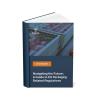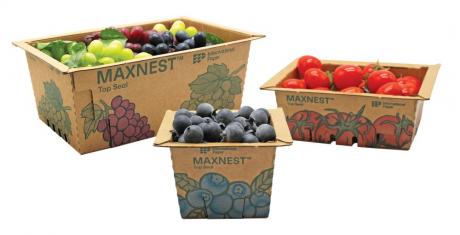The UK-based charity Recoup, dedicated to plastic resource efficiency and recycling, has released its annual survey on household plastic packaging collections. The report highlights a challenge described as "monumental," yet one that can be addressed with appropriate investment, planning, and leadership.
Progress and Recycling Targets
The survey points to some improvements in kerbside collections for plastic packaging. Since 2019, all local authorities collect plastic bottles, while services for pots, tubs, and trays have grown from 88% to 89%. After six years of decline, the collection of films and flexible plastics has increased from 12% to 14%. However, to meet regulatory requirements by March 2027, 39 authorities still need to integrate pots, tubs, and trays, and 312 must include plastic films.
Public Communication and Engagement
Public communication is a key element in achieving these goals. While 60% of local authorities have ongoing recycling campaigns, significant inconsistencies in messaging remain. For instance, regarding plastic bottle caps, 40% of authorities advise leaving them on bottles, while 13% request their removal.
Steve Morgan, Recoup’s Head of Policy and Infrastructure, stressed the importance of consistent communication nationwide:
It is in the interest of consumers and stakeholders to have simple and consistent messages on how to recycle. Packaging EPR and deposit return schemes should build a unified set of instructions.
The Impact of the Emissions Trading Scheme (ETS)
Another challenge highlighted in the survey is the impact of the Emissions Trading Scheme (ETS) on local authority funding. This mechanism, which caps industrial emissions to incentivise decarbonisation practices, will be extended in 2028 to include waste incineration. Around one-third of local authorities are unaware of these changes, and 37% feel unprepared. Removing plastic packaging from residual waste will be essential to mitigate economic impacts.
The full report is available to Recoup members, while a summary of the data can be accessed by non-members.









